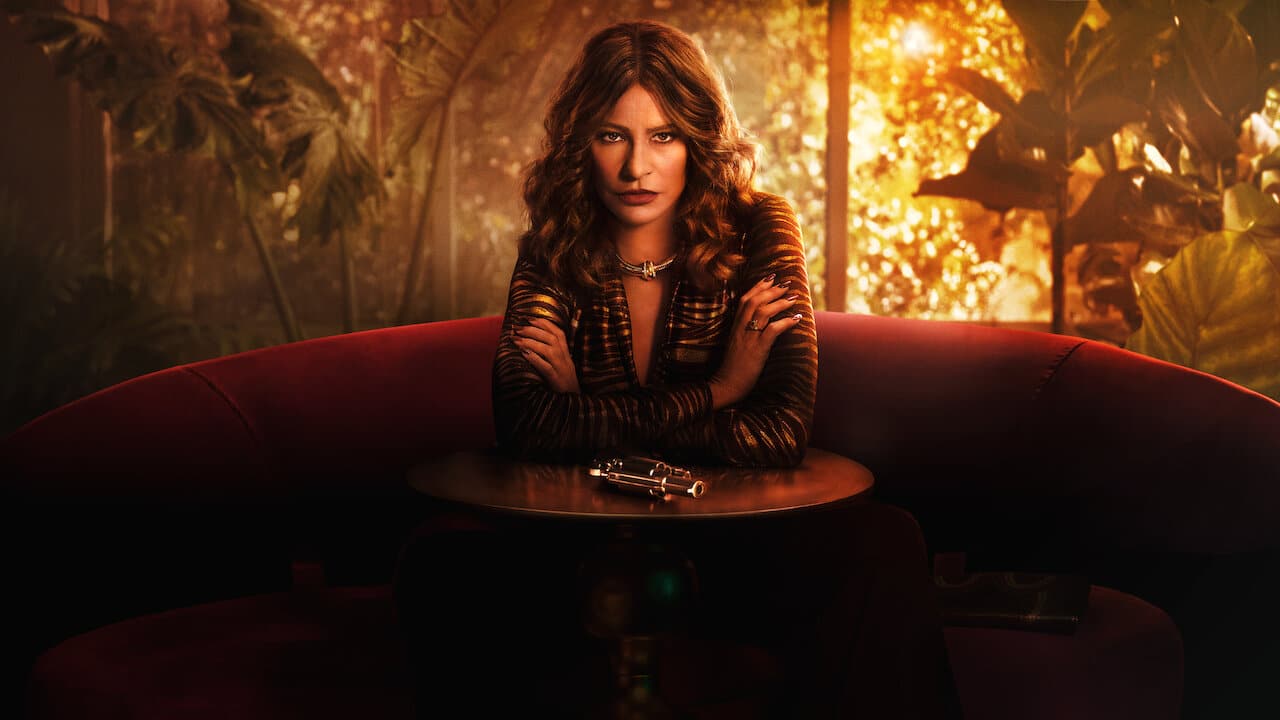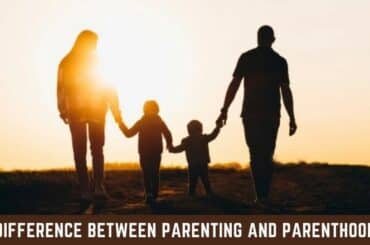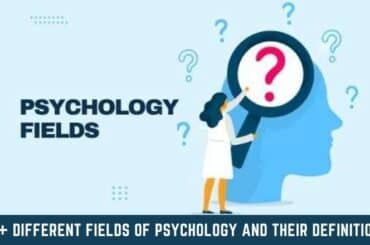View this post on InstagramTable of Contents
Credit: @Sofia Vergara on Instagram]
Griselda, the smash-hit Netflix series based on the life of Miami queenpin Griselda Blanco, was the most-watched English-language series in 89 countries the week it premiered. It ruled the streaming platform at number one for a month straight as audiences worldwide became transfixed by Blanco’s complex, sociopathic character. Sofia Vergara, who played the role brilliantly, admitted to being challenged by the role. After all, the morally bankrupt cartel leader was also a mother, leaving many layers for Vergara to explore in the series. At various points in the show, we begin to see more layers of Griselda’s personality, weaving together a story of personal trauma, grief, and anger. Here are the three things that characterized Griselda:
A desire for luxurious material items
Credit: @Foster Grant on Instagram]
The real Griselda suffered an impoverished childhood. After being abandoned by her father, Griselda was at the mercy of her alcoholic and abusive mother, which turned her to a life of petty theft and drug dealing at a young age. This instilled a desire for the finer things in life, which materialized when she ruled Miami with a fist of lead nearly two decades later. In the show, Griselda’s extravagant clothing symbolizes her growing hubris and insatiable greed. However, she uses it to conceal aspects of her personality as well. Case in point, the Foster Grant sunglasses, inspired by the pairs Vergara wears on the show, feature large ’70s and ’80s retro frames that provide an air of mystery for parties and cold-blood murders. The butterfly-shaped Ebony Bold Limited Edition, with its oversized black temples and evil eye symbol, serves as a barrier between the wearer and the world. In the same way, Griselda’s affinity for designer wear was her way of distancing herself from her derelict past.
An ability to weaponize womanhood
Credit: @Sofia Vergara on Instagram]
During Griselda’s time, the world’s cartels were run by men like Pablo Escobar and the Ochoas of the Medellín Cartel. We see her struggle to build credibility among the drug lords of Miami, with many mocking and undermining her solely for her womanhood. She is unsuccessful until she forges her own uniquely feminine path, using the sex appeal of Colombian prostitutes and cocaine sewn into bra cups to build her network of clients. We eventually see Griselda weaponizing her womanhood—a perceived weakness—and using it as a manipulation tool. From (spoiler alert) sleeping with her ex-husband’s brother to pay a debt to wearing provocative outfits to get on a cartel lackey’s good side, she strategically played into men’s assumptions of her. Vergara’s fashion choices for the Griselda press tour represented this; the Schiaparelli asymmetrical dress with gold accents captured the mob wife aesthetic with precision. The fashion-based assumption that she was merely someone’s wife (rather than the mastermind) served Griselda well in her criminal career.
A narcissistic parenting style
Griselda was a mother to four boys: Dixon, Uber, Osvaldo, and Michael Corleone. They are exposed to their mother’s nefarious activities as minors, and various scenes depict them witnessing their mother’s crimes. In our “How the Media could Negatively Impact your Relationship with Parents” post, we discuss the impacts of media consumption on parent-child relationships. In the Blancos’ case, the media served as a vehicle of truth beyond the outright lies their mother would tell them. At several points in the show, Griselda asserts that she does what she does for her boys’ sake, but it is clear that she is motivated by her selfish desire to attain money and power rather than maternal instincts. In the end, her children paid the ultimate price: they all participated in the drug trade in some capacity, and Griselda’s three eldest boys were fatally shot in an act of retaliation against her.
Griselda’s life is a cautionary tale of the dangers of greed and unhealed childhood wounds. Vergara’s portrayal of her gives audiences a fictionalized window into her inner life, raising essential questions on the value of facing one’s demons instead of becoming them.





